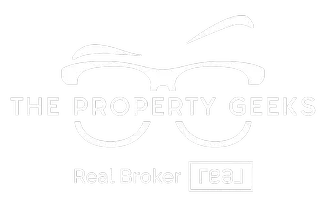Using Your Tax Return for Homeownership
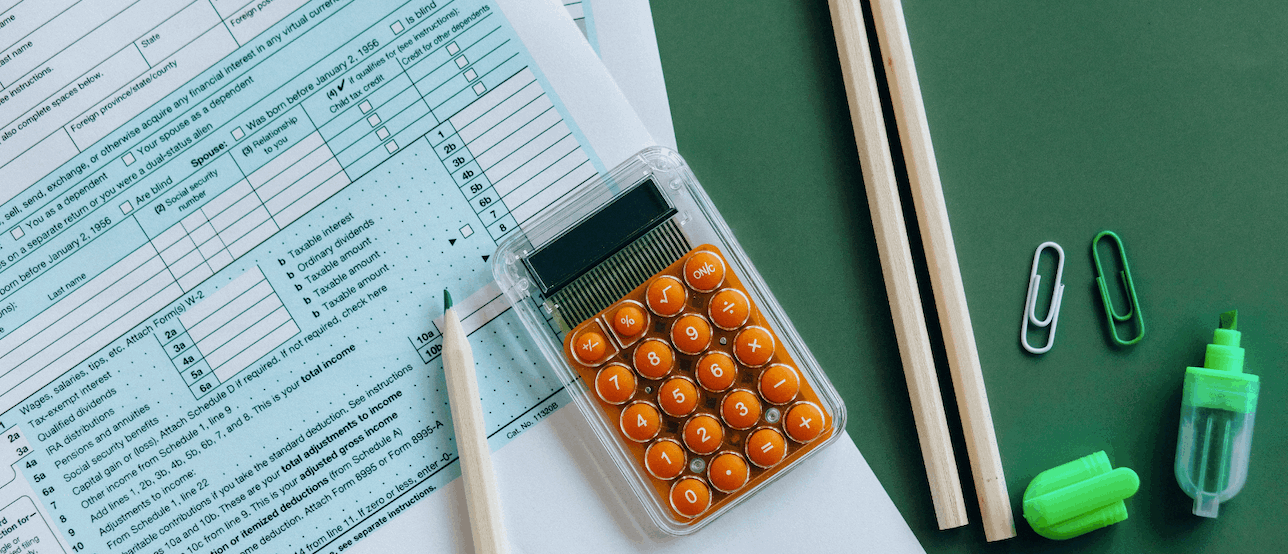
Many americans look forward to the tax season because they're expecting a tax refund from Uncle Sam. So, they keep a close eye on the deadline to submit taxes to hopefully get their return ($$$) a little faster. Tax Day (April 15th) is the deadline when individual income tax returns are due to the federal government.
Filing last year's taxes is just half of the battle. Work directly with a CPA (Certified Public Accountant) to properly file your taxes is one of the best ways to ensure you're getting back every penny you're supposed to. They can also help you better understand what to expect the next tax season if you plan to buy a home during the year.
The other half of the battle is making the most of your tax return. It's really easy to spend it on that vacation you've been thinking about or the new car you've been wanting. But, one of the best ways to spend your tax return can be investing or reinvesting into homeownership. Both homebuyers and homeowners can leverage their tax refunds in a variety of ways to either purchase a home or build more home equity.
Below are a few tips on how to spread your wealth wisely in homeownership with your tax return.
Buying a Home
Down Payment
Although there are many costs associated with buying a home, the down payment is probably the first expense that comes to mind. In most cases the minimum down payment required to buy a home is 3% of the sale price. On a $300,000 home, that comes out to about $9,000. Keep in mind though, if you end up putting less than 20% of the sale price down, you're more than likely to have PMI (private mortgage insurance) tacked onto the top of your monthly payment. Work directly with a lender to determine the loan program that works best for your situation and how much you'll need to put down on your dream home.
Earnest Money Deposit
The earnest money deposit is probably one of the first things you'd be expected to pay for when buying a home. The earnest money deposit is negotiated directly in the contract (your offer) and is typically expected to be paid within 3 calendar days of the final acceptance date (in Minnesota at least). The earnest money typically goes directly towards your down-payment, closing costs, etc at closing. A good rule of thumb is to expect to put down a 1% (of the sale price) earnest money deposit - on a $300,000 house, this would be about $3,000.
Closing Costs
Closing costs are a range of charges for services related to finalizing a real estate sale. Typicallythey include loan origination, title search, prorated taxes, insurance, appraisal, home inspection (this one's usually paid for prior to closing), mortgage points, etc. A good rule of thumb is to expect 2-5% of the sale price at closing.
Paying Down Debt
Something a lot of borrowers dont think about when preparing to buy a home is their DTI (debt-to-income ratio). Debt to income ratio is the percentage of the monthly income you're already expected to pay/already have payments for i.e. car loans, personal loans, credit card debt, etc. Generally speaking, most lenders require you to have less than a 43% DTI including your expected mortage payment.
Moving Costs
Overall moving costs can add up depending on your situation. Your tax return can help you cover additional costs like renting a moving truck, purchasing packing material, paying utility deposits and... possibly buying your friends pizza and beer after helping you move all day.
Building Home Equity
Renovations & Repairs
If done right, renovations and repairs are a great way to build equity in your home. Click here for examples of renovations with the best ROI (return on investment).
Refinancing
If you're looking at potentially saving thousands of $$$ a year, then refinancing may be the way to go. You can work on paying down high interest debt, lower your interest rate, drop your PMI, or shorten your home loan term. Work directly with a lender on the best way to approach this option.
Paying Down Your Principal
On average, if you're able to scrape together one (1) additional mortgage payment per year, you can take 4-6 years off the life of your loan. You'll also end up saving thousands on interest. Just divide your monthly mortgage payment by 12 and pay that amount in addition each month OR when you get your tax return, apply the full amount to your mortgage principal.
Preparing for Homeownership
Savings for Home Maintenance & Emergency Fund
Another great idea for your tax return is to SAVE it (or invest it in a high yeild savings account). You'll never know when you'll need to make an unexpected repair or when you'll have an emergency. While the size of your emergency fund will vary depending on your lifestyle, monthly costs, income and dependents. A good rule of thumb is to always put about at leat 3-6 months' worth of expenses in an emergency fund.
Categories
Recent Posts
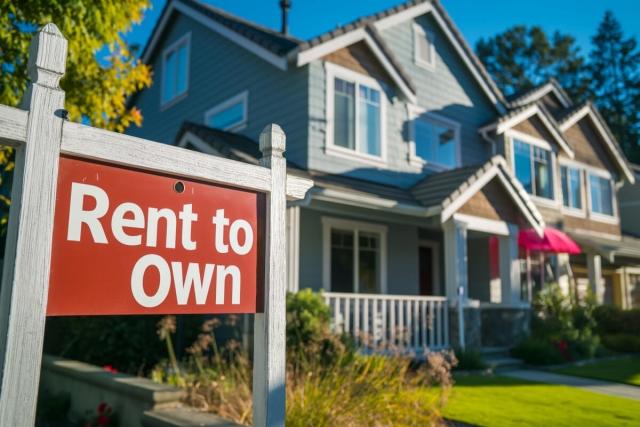

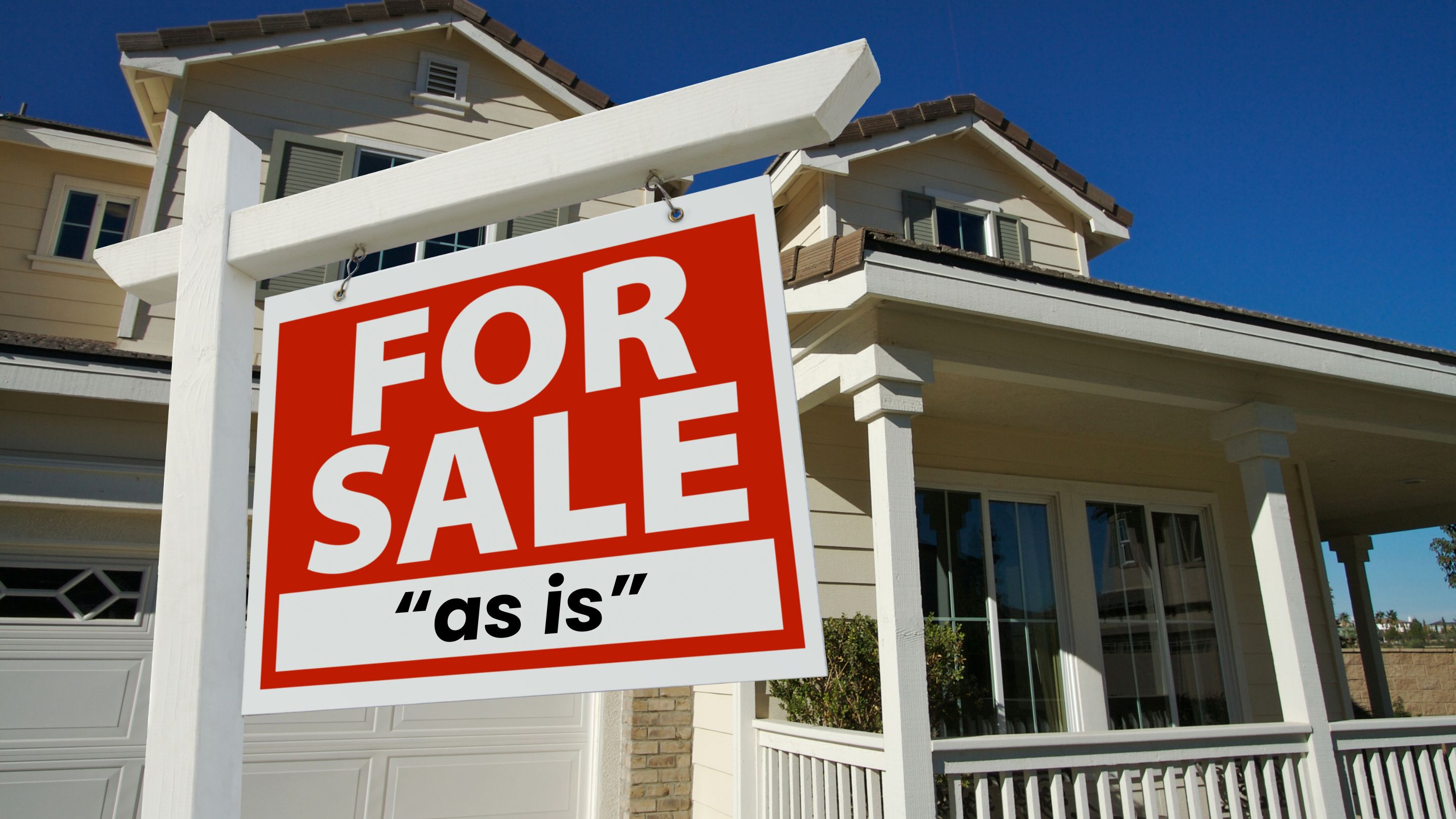
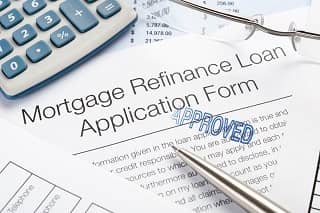


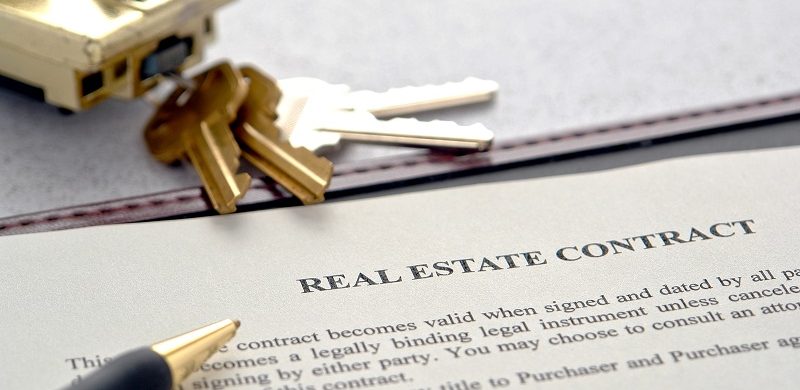

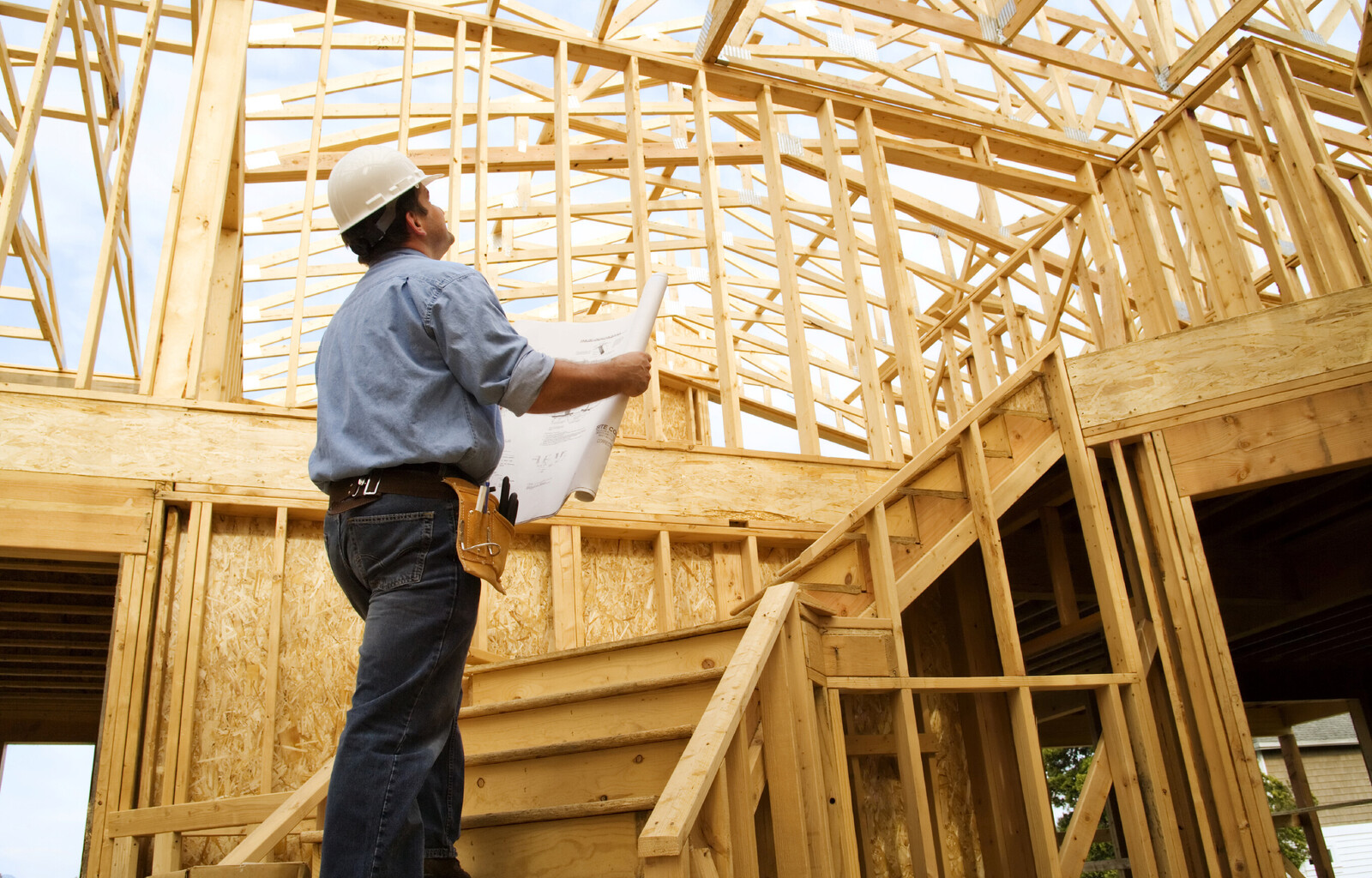

GET MORE INFORMATION

